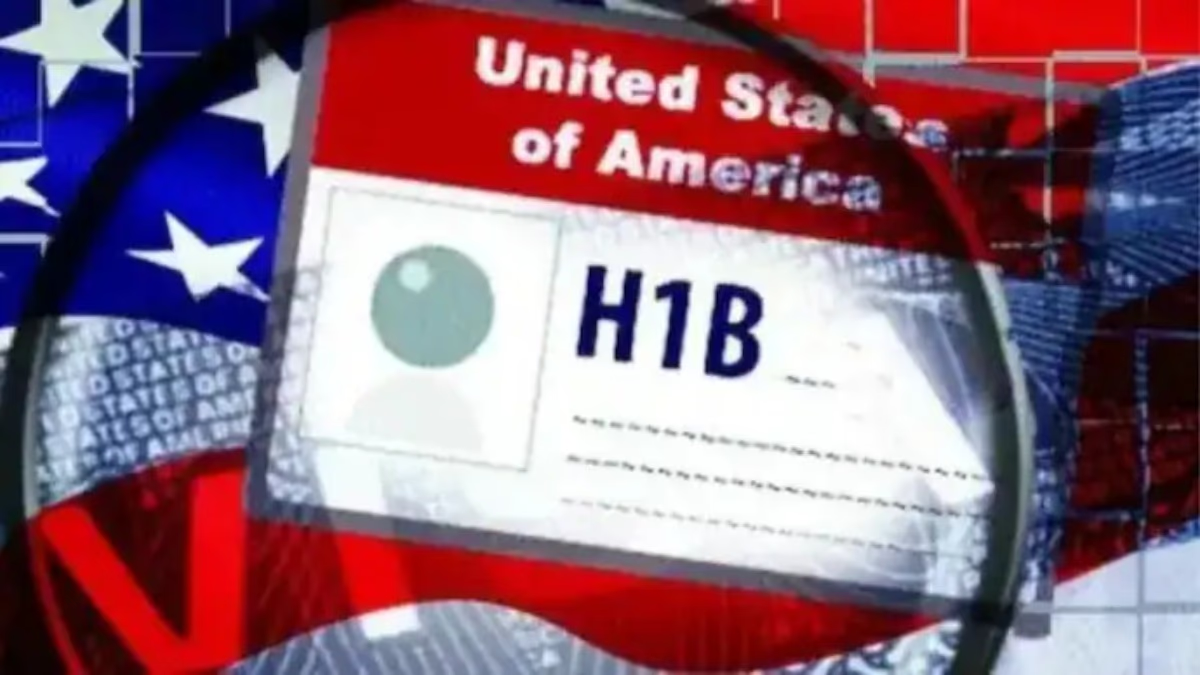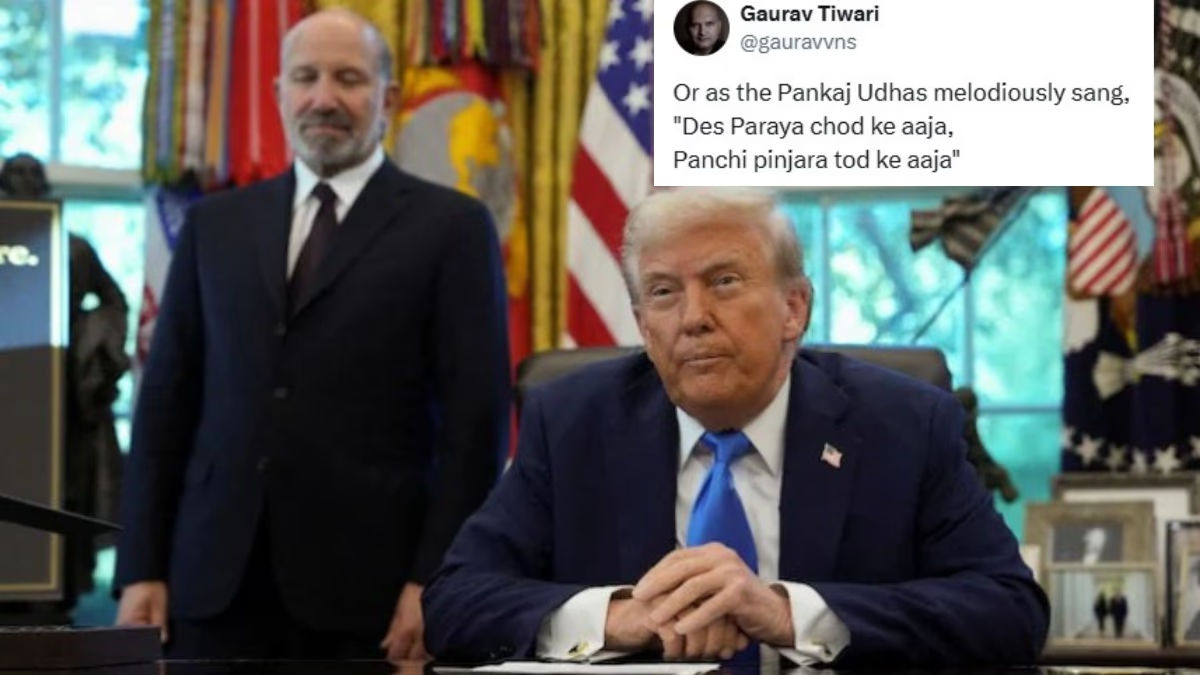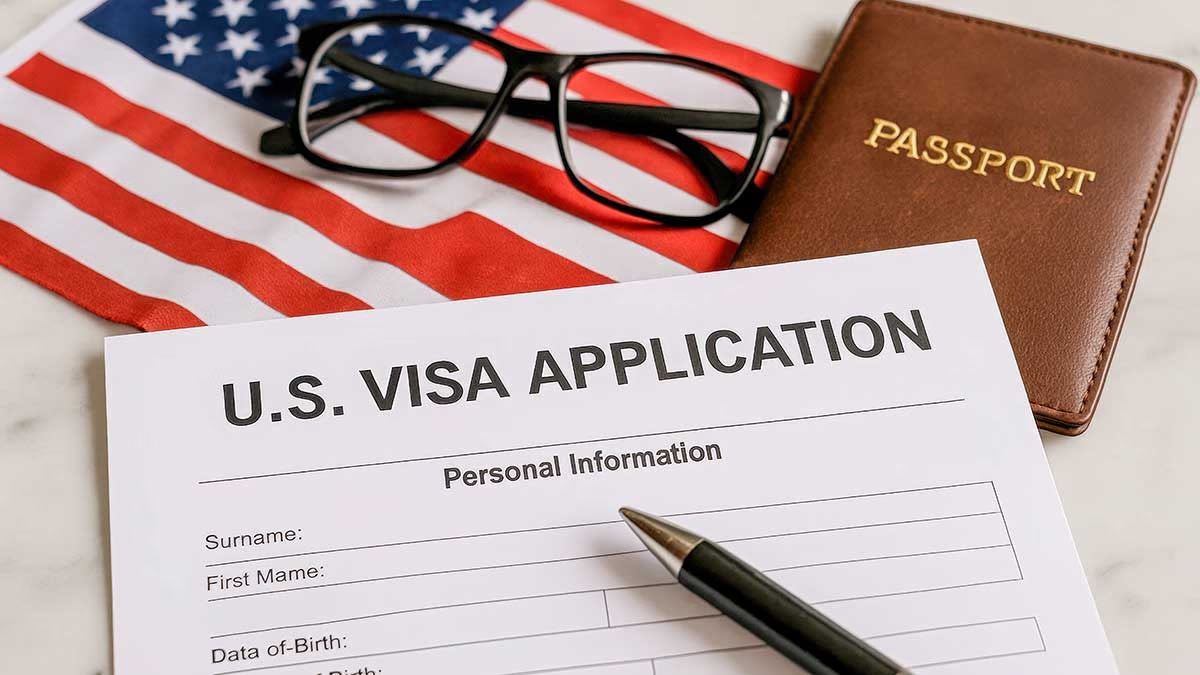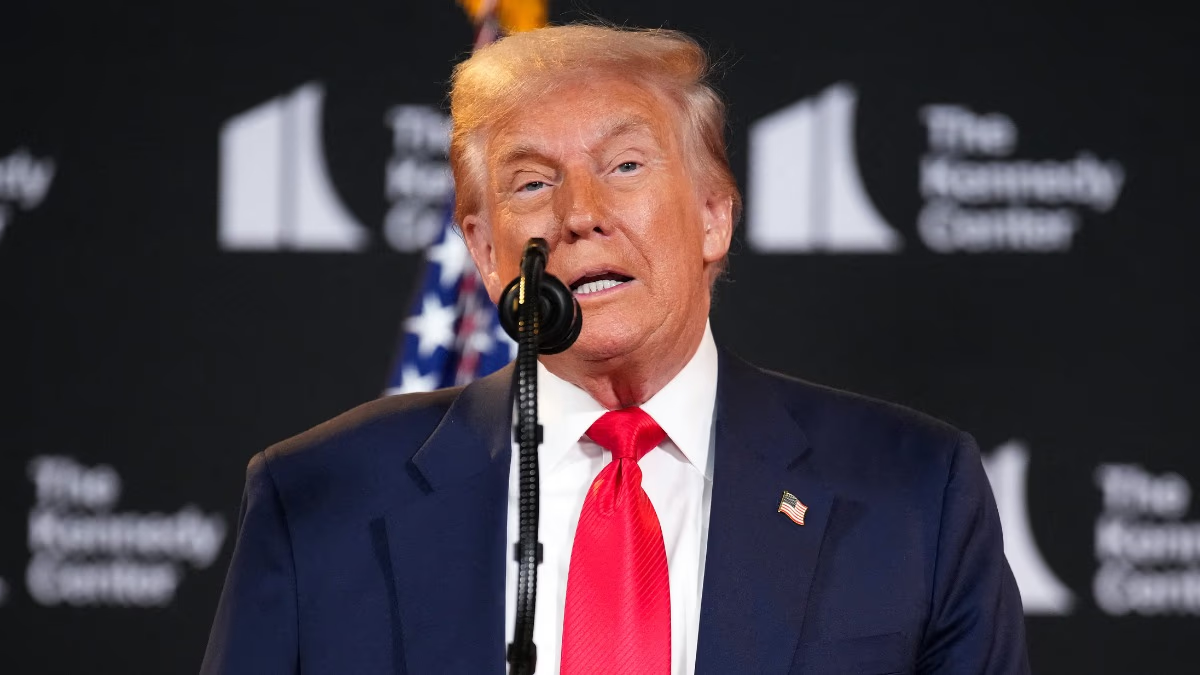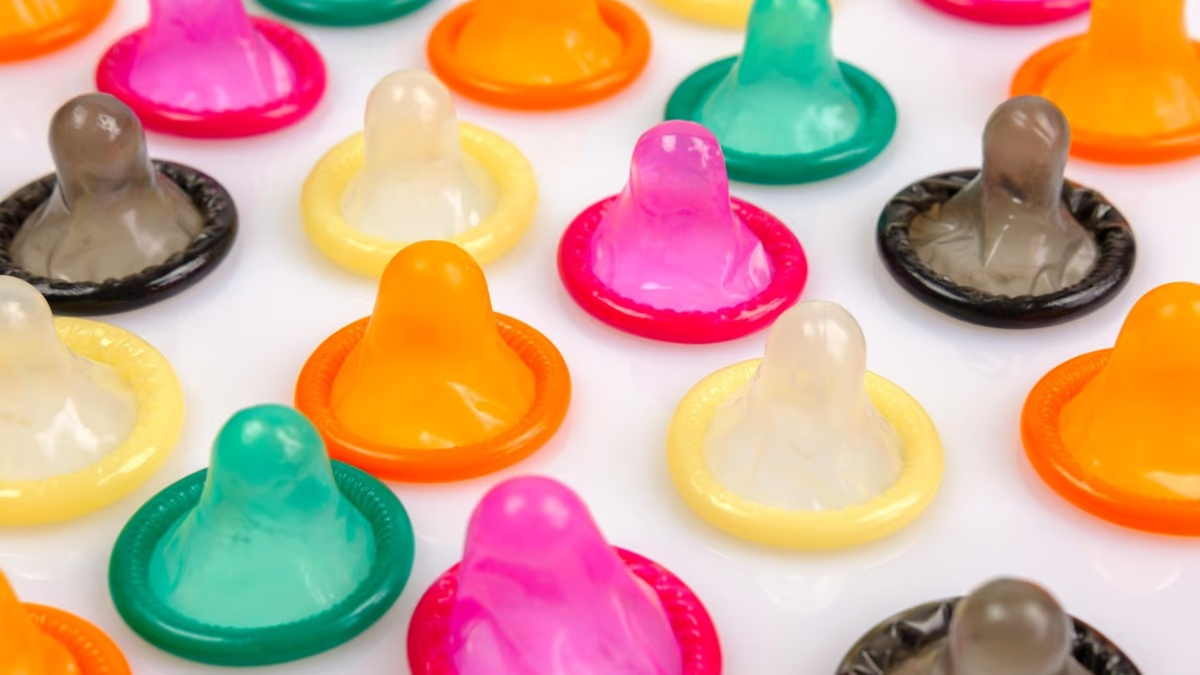The announcement of a steep charge on H-1B visas by Donald Trump has caused a stir worldwide. Especially for the IT sector, the new $100,000 H-1B visa fee regulation in the US is seen as a major blow leading to widespread chaos. For India, it poses a significant issue since Indian tech professionals make up over 70% of H-1B visa holders. Amidst the confusion following the fee announcement, the White House released a major statement. Press Secretary Karoline Leavitt clarified that this $100,000 (about 8.8 million rupees) fee is not an annual charge, but a one-time fee for new applicants.
What is the H-1B Visa and its New Rule?
Let's first understand what the H-1B Visa is and what new rule Donald Trump has implemented. The H-1B is a non-residential visa in the US, allowing companies to hire foreign employees in technology, engineering, medicine, finance, and education sectors. Companies like Infosys, TCS, Google, Amazon, Microsoft, and Meta employ a significant number of developers and engineers on H-1B visas, with Indians making up a large portion.
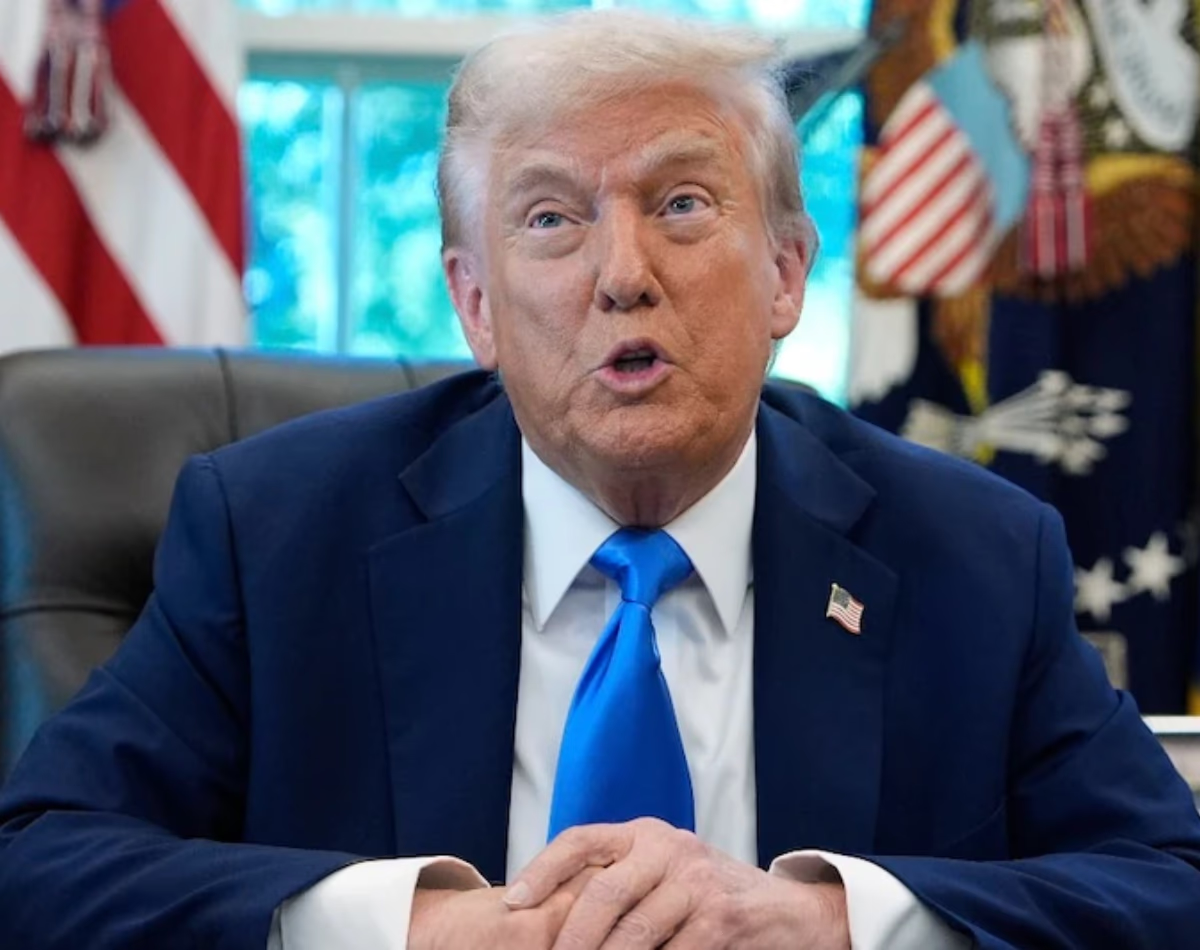
Source: aajtak
The new rule announced that American companies must pay $100,000 (about 8.8 million rupees) for each H-1B application for foreign employees entering or re-entering the US. Commerce Secretary Howard Lutnick stated this would be paid annually and applied to new visas and renewals. Reports stated employees couldn’t return to the US until their company paid the fee.
This announcement presents a bigger challenge for India, as Indians make up the majority of H-1B visa holders working in the US. While the exact number of Indian employees on H-1B visas changes, reports show that in the financial year 2024, 71% of all approved H-1B beneficiaries were Indian. This includes renewal visas. Data from USCIS shows that out of approximately 400,000 approved applications for FY24, around 300,000 were Indian employees working in the US on H-1B visas. Thus, Trump's rule could significantly impact Indians.
Chaos at Airports
Following this announcement, chaos spread worldwide, including in India, with crowds of people rushing to airports to return to the US. The San Francisco Chronicle reported that some visa holders canceled their flights to avoid potential re-entry issues.
Numerous reports also claimed that American professionals in India, preparing to return, faced a huge spike in the cost of direct flights to the US. Trump’s announcement led to airfares from New Delhi to New York soaring from around 37,000 rupees to 70,000-80,000 rupees in just two hours.
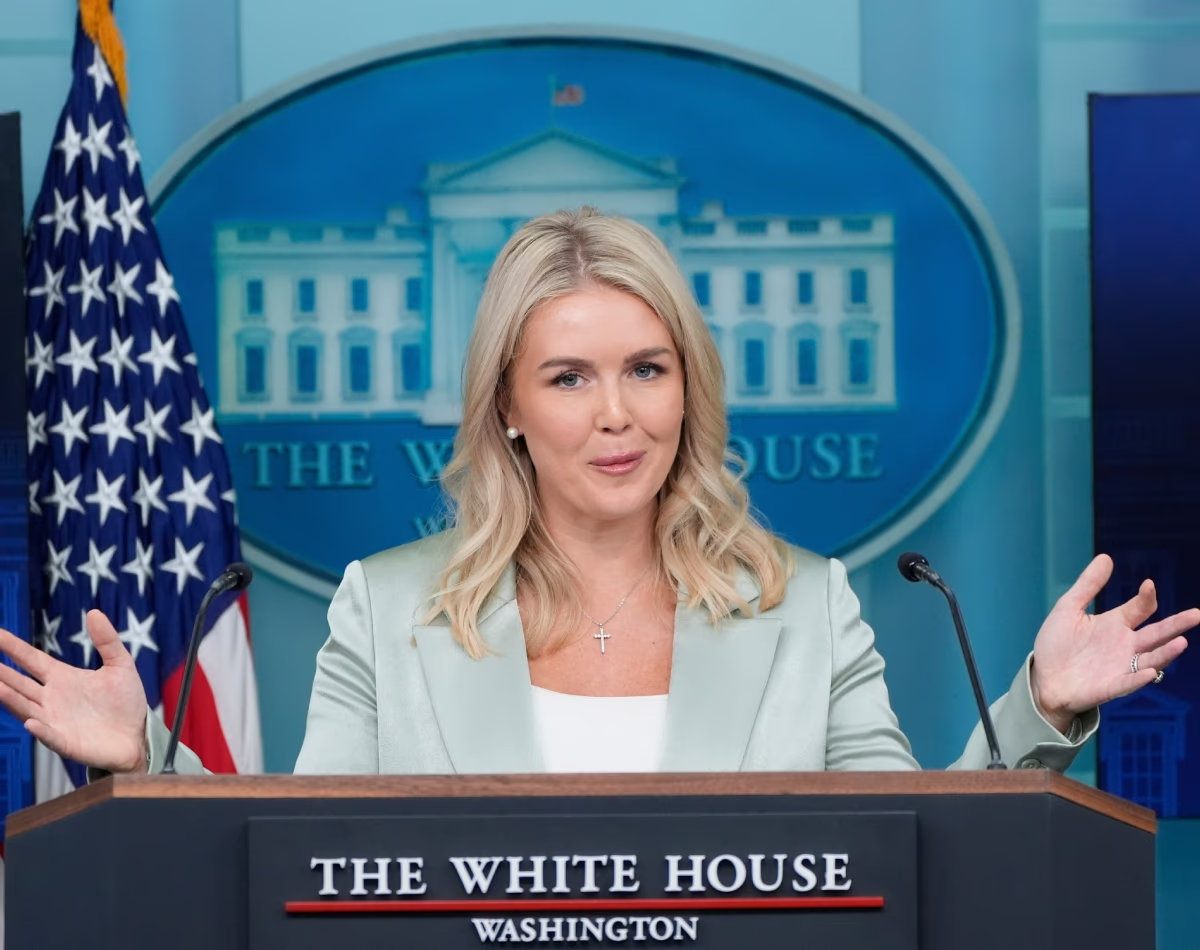
Source: aajtak
White House Addresses Every Question
Amidst the commotion over the new H-1B charge and confusion over the new rule, the White House Press Secretary addressed all questions related to the visa policy, clarifying what's changed and who it affects?
Question - Will it apply to all applicants?
Answer -
White House Press Secretary Leavitt clarified on Saturday that the $100,000 H-1B visa fee announced by President Trump won't be levied on existing visa holders, only on new applications. Furthermore, it won’t apply to renewals, only new applications and upcoming lottery cycles—not renewals or current holders.
Question - How often will this fee be charged?
Answer -
According to Caroline Leavitt, it’s not a recurring charge but a one-time fee for new applicants. There’s no annual fee. The US Citizenship and Immigration Services also clarified that this new rule applies only to new, not-yet-filed petitions.
Question - Will there be restrictions on re-entry to the US?
Answer -
Absolutely not, Leavitt emphasized in her post, clarifying that foreign H-1B visa holders won’t be barred from re-entering the US. The fee doesn’t apply to current H-1B holders or those living abroad. These visa holders can enter and exit the US regularly.
Review Within 30 Days
Amidst the commotion around visa rule changes, the Indian Embassy in the US has issued a helpline number +1-202-550-9931 to assist Indian citizens and provide complete information. Meanwhile, President Trump's new H-1B visa announcement is an active US policy, which includes a provision for review within 30 days of the next H-1B lottery.
